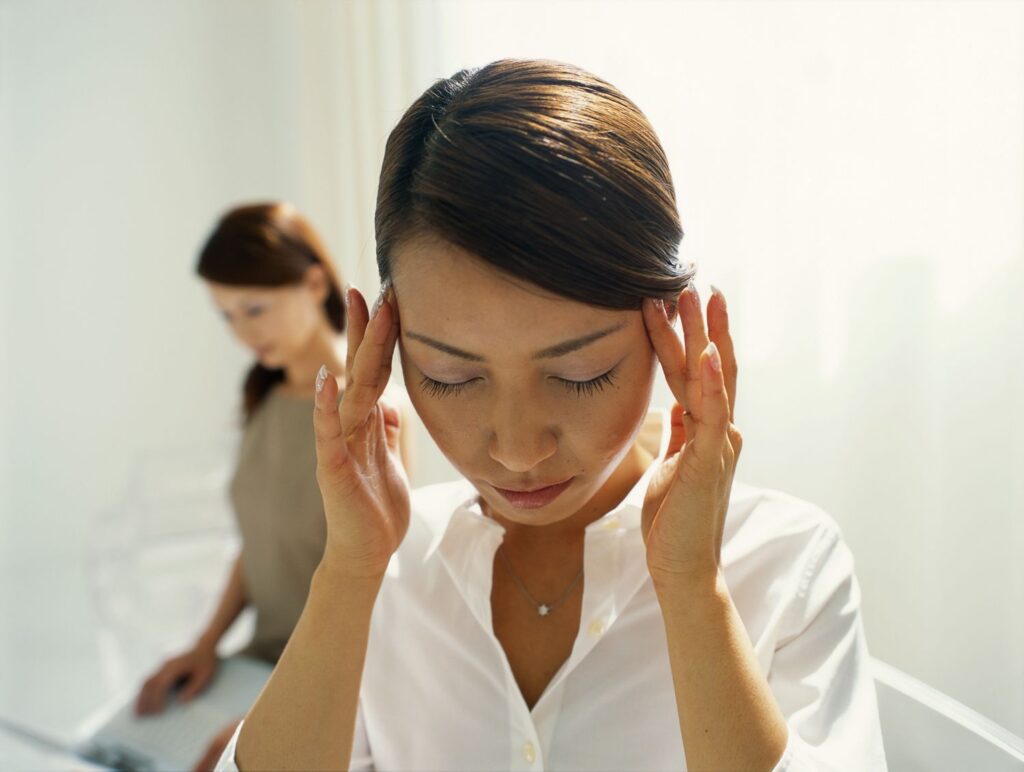Postural Tachycardia Syndrome
What is Postural Tachycardia Syndrome (POTS)?
Postural Tachycardia Syndrome (POTS) is a condition characterized by an abnormal increase in heart rate that occurs upon assuming an upright posture. Individuals with POTS often experience symptoms such as dizziness, lightheadedness, palpitations, fatigue, and fainting, particularly when standing up from a lying or seated position. The exact cause of POTS is not fully understood, but it is believed to involve dysfunction in the autonomic nervous system, which regulates heart rate and blood pressure. Treatment typically focuses on symptom management through lifestyle changes, medication, and physical therapy aimed at improving blood circulation and overall quality of life.

What causes POTS?
There are a number of factors and disorders causing or associated with the condition. In some cases a cause is never identified. POTS can follow a viral illness such as glandular fever, or be linked to pregnancy or a traumatic event. Sometimes teenagers are affected after a rapid growth spurt and most will improve after a few years. Some patients will develop POTS-like symptoms due to a lack of fitness and heart pumping inefficiently after being confined to bed for some time.
Symptoms of POTS?
The hallmark of POTS is orthostatic intolerance which means that patients experience symptoms when they adopt an upright posture. Symptoms can be very debilitating and range from mild to severe and varying from day to day. POTS symptoms include:
- Dizziness or near-fainting
- Syncope (fainting)
- Palpitations (an abnormal awareness of heart beat)
- Headaches (which may be more noticeable on adopting an upright posture) or migraine
- Brain fog (difficulty thinking/mental cloudinesss)
- Tiredness
- Sense of anxiety
- Shakiness
- Visual problems (greying, tunnel or glare)
- Gut problems (nausea, diarrhoea, pain)
- Sweating
- Chest pain
- Poor sleep
- Purplish discolouration of skin due to blood pooling in hands and feet
- Bladder problems
What are the triggers for POTS?
For may patients there are certain triggers that seem to make their symptoms worse. Common triggers include:
- Excessive heat
- After eating – especially refined carbohydrates (sugar, white flour etc)
- Standing up quickly
- Dehydration
- Time of day (especially rising after wakening)
- Menstrual period
- Deconditioning or prolonged bed rest
- Alcohol (as it dilates blood vessels)
- Inappropriately excessive exercise
- Temporarily during illness such as viral infections or after operations.


